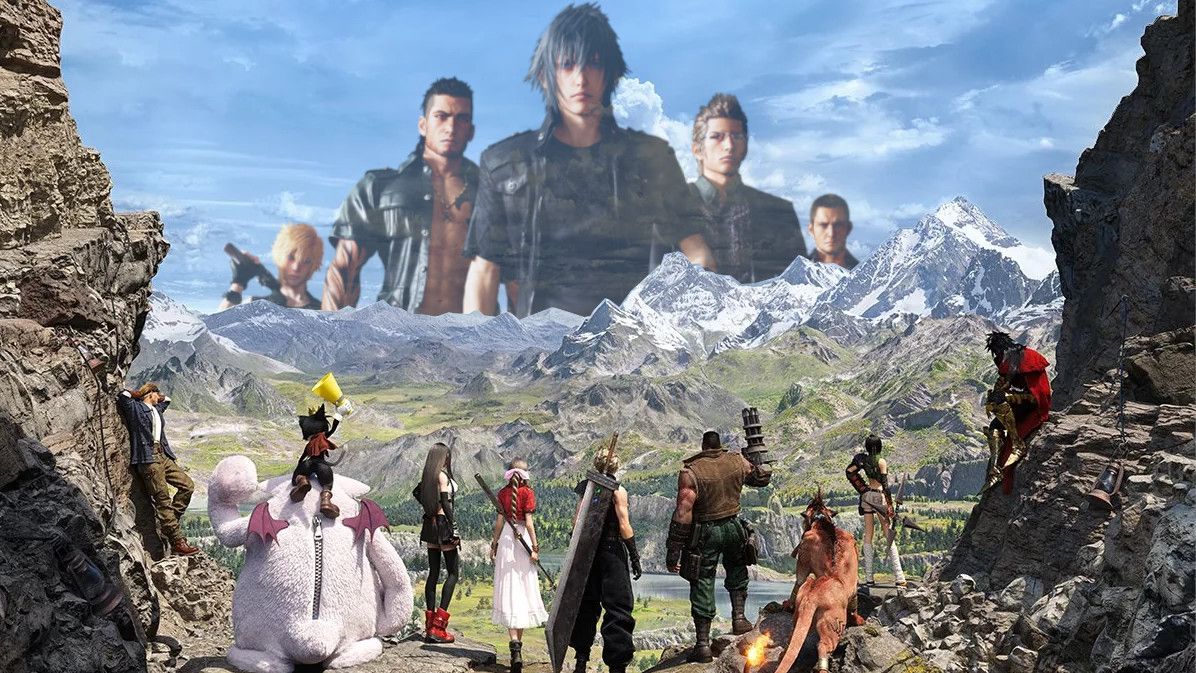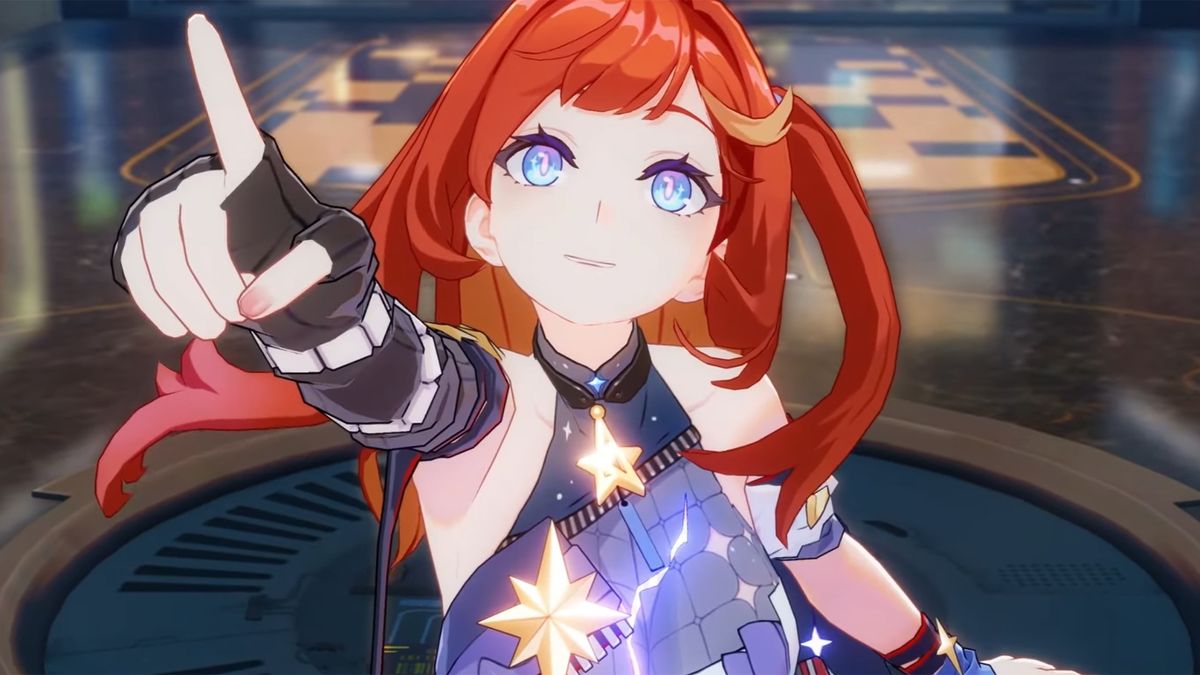Nintendo of America is suing the maker of the Nintendo Switch emulator Yuzu, saying it “unlawfully circumvents the technological measures” that prevent Switch games from being played on other hardware.
Yuzu has been around for ages—we talked about using it to run Pokémon: Let’s Go back in 2018—but it was The Legend of Zelda: Tears of the Kingdom that really brought it front-and-center for mainstream gamers. One day after the Switch-exclusive game went live, the Yuzu developers said they had it running at “full speed on most hardware,” with “no hacks needed.”
That was great for Nintendo fans, but Nintendo was clearly less enthused. The lawsuit (available in full on Scribd, via Stephen Totilo) describes emulators as “a piece of software that allows users to unlawfully play pirated videogames that were published only for a specific console on a general-purpose computing device,” and cites Tears of the Kingdom, which leaked ahead of release, as a specific example of such. Yuzu publicly took steps to discourage piracy on its Discord, but Nintendo nonetheless pointed the finger at the emulator as the problem.
“Infringing copies of the game that circulated online were able to be played in Yuzu, and those copies were successfully downloaded from pirate websites over one million times before the game was published and made available for lawful purchase by Nintendo,” the lawsuit states. “Many of the pirate websites specifically noted the ability to play the game file in Yuzu.”
This of course isn’t the first time emulators have been accused of encouraging piracy: In 1999, Sony sued a company called Connectix, the maker of a PlayStation emulator called the Virtual Game Station, over allegations of copyright infringement and various violations of its intellectual property rights. Connectix actually won the case: Among other things, the court said “Sony understandably seeks control over the market for devices that play games Sony produces or licenses,” but ruled that copyright law “does not confer such a monopoly.”
The ruling came down in 2000 during the very early days of the Digital Millennium Copyright Act, which came into force in the US in 1998, and how it would play out today is an open question. Nintendo’s lawsuit pointedly hand-waves any notion of legitimate use of Yuzu: “To be clear, there is no lawful way to use Yuzu to play Nintendo Switch games, including because it must decrypt the games’ encryption.”
For good measure, Nintendo also complained about Yuzu spoiling Tears of the Kingdom, saying that because of the prevalance of emulators, “many fans of The Legend of Zelda were forced to avoid social media to prevent seeing spoilers and preserve their surprise and delight for the actual game release.
The lawsuit says the harm caused to Nintendo by Yuzu “is manifest and irreparable,” but it’s seeking reparations anyway, including a permanent injunction against the emulator and a surrender of the yuzu-emu.org website, and monetary damages, which could be extremely steep: Nintendo is seeking statutory damages of $2,500 per violation of the DMCA’s anti-circumvention and anti-trafficking provisions, and $150,000 per violation of Nintendo’s copyright, although it may opt for actual damages to be determined at trial.
Lest there be any doubt, Nintendo may pursue this matter as far as it can, and will hold the makers of Yuzu responsible for paying whatever penalty is assigned: Gary Bowser was famously fined millions of dollars (and served some jail time) for his role in pirating Nintendo Switch and 3DS games, and despite his well-publicized financial straits since being released from prison, Nintendo is not letting it go.


